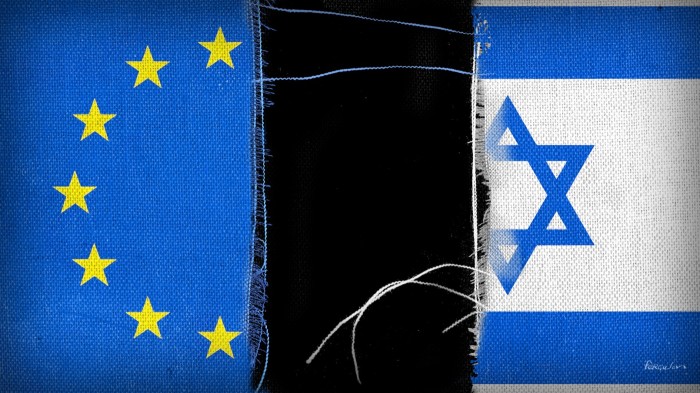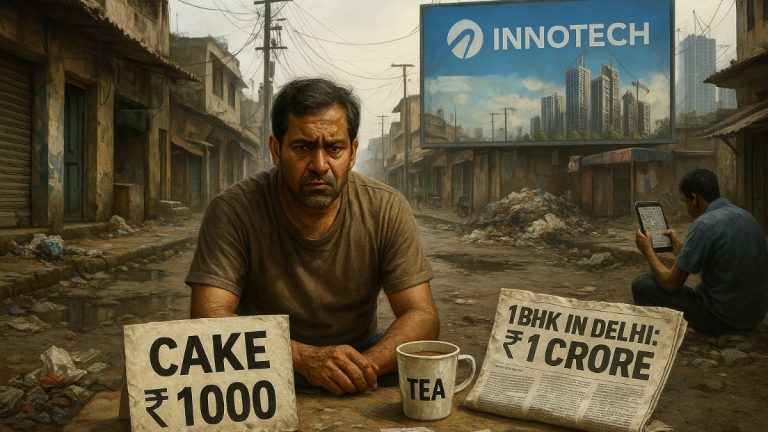Unlock the Editor’s Digest for free
Roula Khalaf, Editor of the FT, selects her favourite stories in this weekly newsletter.
When Hamas launched a savage attack on Israel on October 7 2023, European leaders rushed to express solidarity with the Jewish state. But 20 months later, a gulf of incomprehension has opened between Europe and Israel.
The Israeli government insists that it is in a fight for national survival. It justified the prolonged blockade of Gaza as an indispensable way of putting pressure on Hamas. Sporadic Palestinian protests against Hamas are cited as evidence that Israel’s renewed offensive is working. According to the Israelis, the responsibility for ending the suffering of the people in Gaza lies with Hamas — which must surrender and release all the remaining Israeli hostages.
For European governments, this is horrifying sophistry. It is Israel that stopped food and aid trucks going into Gaza. Morally and legally, food supplies for civilians can never be used as a weapon of war. Pointing that out is not “siding with Hamas”. Britain, France and Canada have criticised Israel’s expansion of the war in Gaza and described the humanitarian situation there as “intolerable”. The UK has suspended talks on a free trade agreement with Israel and the EU is reviewing its own co-operation agreement.
Further concrete actions, such as sanctions on the most extreme members of Netanyahu’s cabinet — or recognition of a Palestinian state — may follow. Benjamin Netanyahu, Israel’s prime minister, is already at risk of arrest if he travels to the UK and most of the EU because of the International Criminal Court indictment against him.
The bitterness between Israel and Europe burst into the open after the murder of two Israeli embassy staff in Washington last week. Israel’s foreign minister accused Europeans of “antisemitic incitement”. No matter that the killings took place in the US. It was the Europeans who got the blame. Netanyahu weighed in, accusing the UK and France of “siding with mass murderers, rapists, baby killers and kidnappers”.
There was calculation — as well as outrage — behind these accusations. The ferocity of Israel’s rhetorical counteroffensive, combined with the resumption of limited deliveries of humanitarian aid into Gaza, might persuade the Europeans to dial down the pressure on Israel.
But that would be a mistake. By far, the most important reason to keep the pressure up is that the threat of starvation still stalks Gaza. The UN warned earlier this month that 470,000 people were at risk and that the “vast majority of children in Gaza are facing extreme food deprivation”. The limited resumption of aid Israel has allowed does not end the threat to Gazan civilians.
The credibility of UN warnings was badly dented after a senior official claimed that 14,000 babies could die within 48 hours. That claim had to be withdrawn. But even President Donald Trump has acknowledged that “a lot of people are starving” in Gaza. And Netanyahu himself warned that Gaza was getting “close to the red line” of starvation.
Civilians, many of them children, are still being killed or displaced in large numbers by Israel’s renewed offensive in Gaza. Israeli settlers — backed by powerful forces in the government — are on the offensive in the West Bank. Meanwhile, the most extreme members of the Israeli cabinet talk openly about the permanent displacement of Palestinians.
Rather than shutting up about these issues, Europeans should be speaking up more boldly. Pressure can work. To justify the limited resumption of aid, Netanyahu said that Israel’s supporters would not tolerate images of mass starvation. There is also growing evidence that the current government doesn’t speak for the whole country. A recent poll found that 61 per cent of Israelis wanted to end the war and see the hostages returned; with just 25 per cent support for the current policy of expanding the fighting and occupying Gaza.
Ehud Barak and Ehud Olmert — former prime ministers from the centre-left and the centre-right — have condemned the current Israeli government in terms far more vivid than those used by the Europeans. Olmert wrote last week: “What we are doing in Gaza is a war of annihilation: indiscriminate, unrestrained, brutal, and criminal killing of civilians . . . Yes, we are committing war crimes.” No European political leader would dare to be that outspoken.
Many on the Israeli right argue that European criticism of Israel is rooted in the continent’s dark history of antisemitism. But that is a dated caricature. In recent decades, with Israel isolated in a hostile Middle East, Europe reached out to break the country’s economic and cultural isolation.
The EU is Israel’s largest trading partner. Unable to participate in sporting or cultural events in its own region, Israel has been allowed into European football tournaments and the Eurovision Song Contest. (It came second earlier this month.) Germany is a major supplier of arms to Israel — and the French and British air forces defended Israel against barrages of Iranian missiles last year. Accusing these same European countries of supporting mass murderers and baby killers is — to use a term that Netanyahu likes — a “blood libel”.
Europeans have shown they are willing to defend Israel against its enemies. But the Israeli government’s actions in Gaza are indefensible. In the interests of the Palestinians — and the long-term interest of Israel itself — the EU and the UK need to increase the pressure on Netanyahu’s government.






